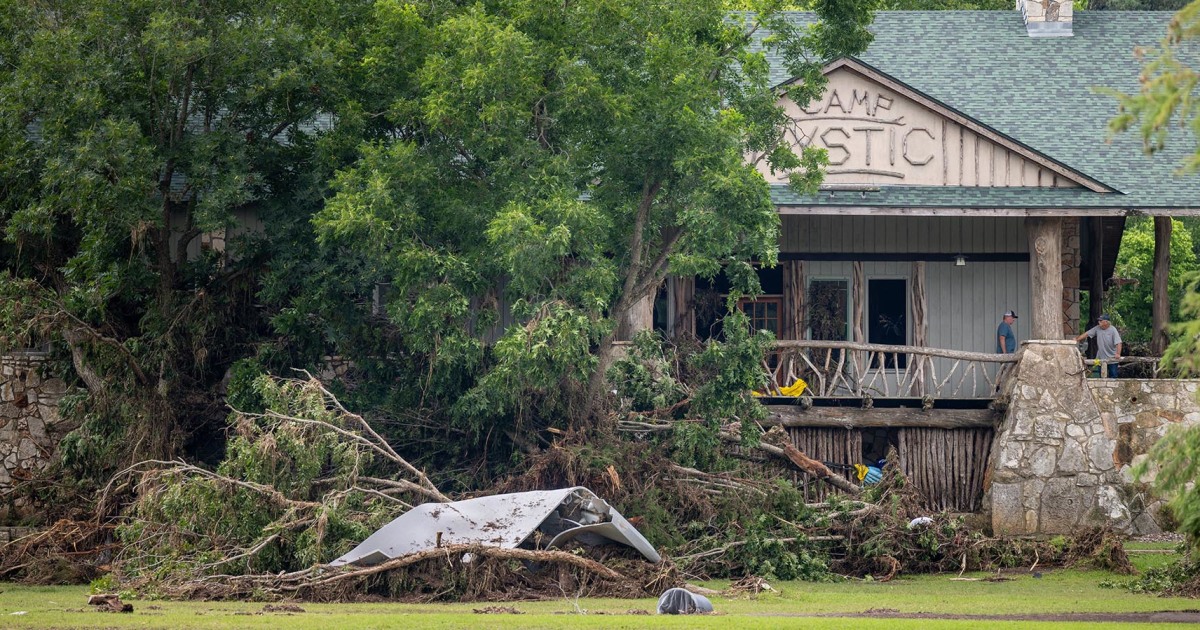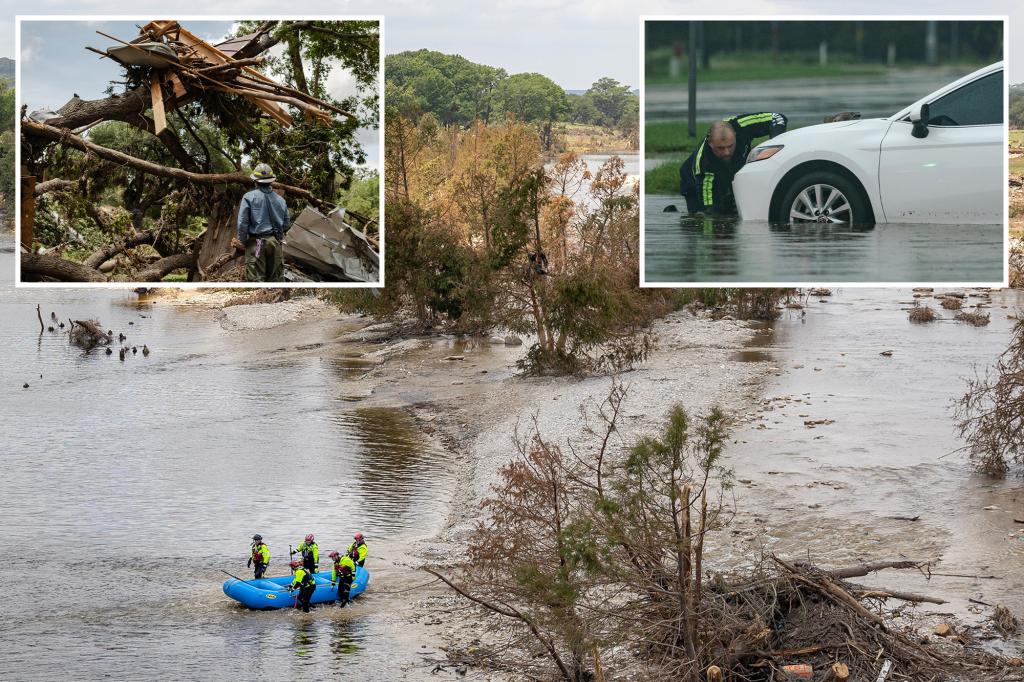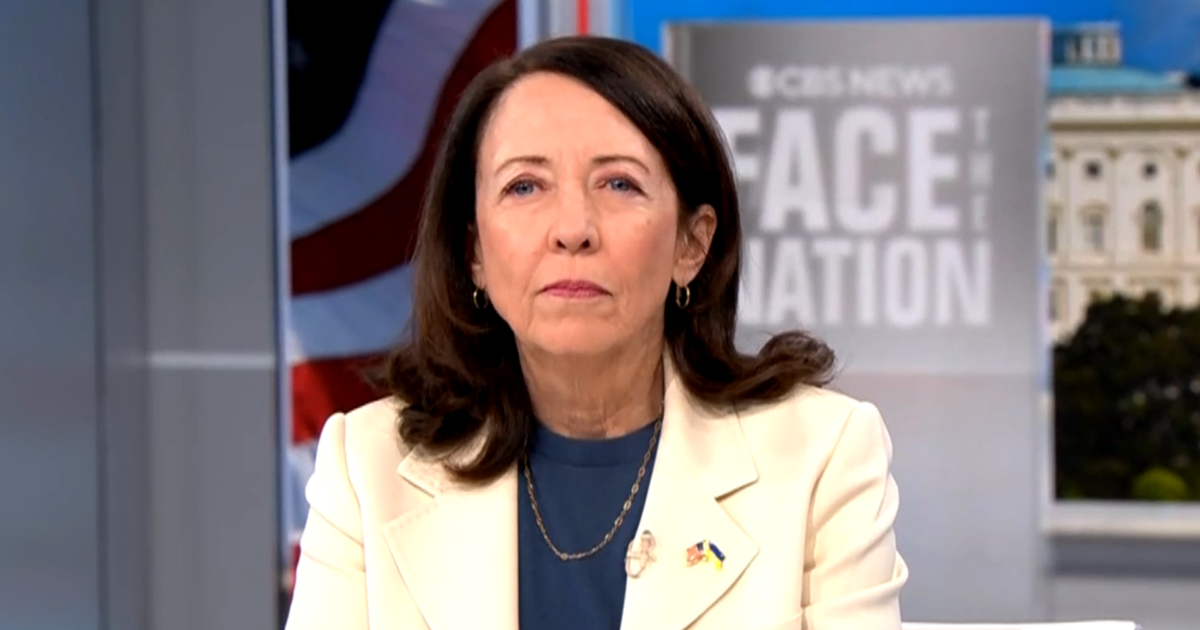Global Climate Crisis: Urgent Action Needed to Combat Rising Temperatures
In a groundbreaking report released on October 15, 2023, the Intergovernmental Panel on Climate Change (IPCC) warned that global temperatures are projected to rise by 1.5 degrees Celsius above pre-industrial levels as early as 2024. This alarming forecast, based on extensive climate modeling and data analysis, underscores an urgent need for immediate action to mitigate the impacts of climate change worldwide.
Understanding the Impacts of Climate Change
Climate change is no longer a distant threat; its effects are being felt around the globe. The latest IPCC report highlights that extreme weather events, including hurricanes, wildfires, and floods, are becoming more frequent and severe. Last year alone, natural disasters linked to climate change resulted in over $200 billion in damages globally, according to the World Meteorological Organization (WMO).
“We are at a critical juncture,” stated Dr. Maria Gonzalez, a leading climate scientist at the National Oceanic and Atmospheric Administration. “The window for effective intervention is rapidly closing, and the consequences of inaction could be catastrophic.”
The rising global temperature poses significant challenges to ecosystems, agriculture, and human health. For example, studies show that crop yields could decrease by up to 30% in some regions, particularly in developing countries, where communities are already vulnerable. Furthermore, the increasing temperature leads to rising sea levels, threatening coastal cities and small island nations.
Recent Climate Data and Projections
The IPCC’s findings are supported by robust data indicating that the last eight years have been the warmest on record. The report notes that the global average temperature is now 1.2 degrees Celsius above pre-industrial levels, with the potential to exceed 1.5 degrees Celsius sooner than previously anticipated.
- Over 90% of the additional heat from climate change is absorbed by the oceans.
- Arctic sea ice has declined by approximately 40% since 1979.
- Carbon dioxide levels in the atmosphere have surpassed 420 parts per million, the highest in 3 million years.
According to climate economist Dr. Alex Chen, “The economic implications of climate change are staggering. If we do not invest in sustainable technologies and renewable energy, we could face a global recession due to climate-related disruptions.” This perspective emphasizes the necessity of viewing climate action as an investment rather than a cost.
Global Response: Policies and Initiatives
In response to the escalating climate crisis, governments around the world are beginning to implement more stringent environmental policies. The United Nations Climate Change Conference (COP28), scheduled for December 2023, will serve as a platform for countries to negotiate new agreements aimed at reducing greenhouse gas emissions.
Several nations, including Denmark and New Zealand, have committed to achieving net-zero emissions by 2050. However, the effectiveness of these commitments remains to be seen, as many countries continue to rely heavily on fossil fuels.
In the U.S., the Biden administration has proposed significant investments in clean energy infrastructure, aiming to create millions of jobs while reducing carbon emissions. Environmental activist and author, Greta Thunberg, emphasized the importance of grassroots movements, stating, “Real change comes from the ground up. We need to mobilize communities to demand accountability from their leaders.”
Challenges to Effective Climate Action
Despite the growing awareness of climate change, numerous challenges hinder effective action. One major obstacle is political resistance, particularly in regions dependent on fossil fuel industries. For instance, the recent elections in several states have seen candidates who oppose climate action gaining traction among voters concerned about economic stability.
Additionally, misinformation about climate science remains prevalent, complicating public understanding and acceptance of necessary changes. A 2022 survey by the Pew Research Center revealed that only 60% of Americans believe climate change is a serious threat, reflecting the need for improved education and communication strategies.
The Importance of Community Engagement
Community engagement and individual action play crucial roles in combating climate change. Local initiatives, such as community gardens, tree-planting programs, and renewable energy cooperatives, empower individuals to make a difference while fostering a sense of collective responsibility.
“When communities come together to address climate issues, they not only enhance their resilience but also inspire others to take action,” noted Dr. Emily Ross, a sociologist specializing in environmental studies. “Small changes can lead to significant impacts when adopted widely.”
Future Outlook: A Call to Action
As the world approaches the critical milestone of 1.5 degrees Celsius, the need for urgent and concerted action becomes more apparent. The upcoming COP28 conference presents a vital opportunity for global leaders to commit to ambitious climate goals and foster international cooperation.
Individuals can also take meaningful steps, such as reducing energy consumption, supporting sustainable businesses, and advocating for policy changes. Every action counts in the fight against climate change.
In conclusion, the latest IPCC report serves as a clarion call for immediate action to combat the climate crisis. The future of our planet depends on our collective efforts to reduce emissions, invest in sustainable practices, and engage communities in meaningful change. As we move forward, it is imperative that we prioritize climate action for the generations to come.
Join the movement: Get involved in local climate action groups and advocate for sustainable practices in your community today.



